How to Invest in Real Estate with a Self-Directed IRA
An increasing number of retirement savers are exploring self-directed Individual Retirement Accounts (IRAs), which offer non-traditional investment options like real estate, precious metals, and private placements. This trend has grown in popularity in recent years, providing investors with greater control over their capital and the ability to diversify beyond conventional investment options. While both Traditional and Roth IRAs can be converted into self-directed IRAs, 401(k) plans have some limitations. The conversion process involves hiring a trustee or custodian, with companies like Midland IRA, Advanta IRA, and IRA Services Trust Company being notable options. Self-directed IRAs offer advantages such as investment control, diverse investment opportunities, tax benefits, asset protection, and the potential for generational wealth transfer.

A growing number of retirement savers are becoming aware that they can choose investments other than the traditional offerings of stocks, bonds, mutual funds, ETFs and CDs within an Individual Retirement Account (IRA). Self-directed IRAs offering non-traditional investments have increased in popularity in recent years and are somewhat more accessible for investors compared to in 1974 when the IRA was first introduced. Self-directed IRAs allow you to invest in real estate, precious metals, notes, tax lien certificates, private placements and more.
Investing in real estate through a self-directed IRA can be a great way to diversify your retirement account. Traditional and Roth IRAs can be converted into self-directed IRAs, where the individual has more control over their capital and still retain the tax-deferred benefits. 401(k) plans work a little differently; if the individual is still employed by the company that sponsors the 401(k) plan, he or she can't move the money around. If it is an old 401(k), a rollover is possible.
One of the biggest differences when converting your IRA to a self-directed IRA is that it requires you to hire someone to act as the trustee or custodian of the account while you act as the director, deciding what to invest in. There are many custodians to choose from but below are a few companies that I'm familiar with.
Real Estate Self-Directed IRA Advantages:
- Investment Control: The account owner is the one who makes every single investment decision and ultimately determines how, where and when to invest the retirement funds.
- True Investing Diversity: With a self-directed IRA you can diversify beyond the market into alternative investments such as real estate, private equity, and private debt. Furthermore, you don’t have to be limited to stocks or mutual funds that hold real estate investments (REITs) – you can own the actual property in your retirement account.
- Tax Advantages = Lasting Wealth: Investing over time in a tax-advantaged account like a self-directed IRA (tax-deferred/tax-free profits, plus the possibility of large tax deductions) can have a tremendous effect on future wealth.
- Secure Hard-Earned Assets: Self-directed IRAs are afforded protection under federal bankruptcy laws to ensure asset security.
- Provide Wealth for Your Future Generations: Certain self-directed IRAs allow the passing of assets to beneficiaries after death with little or no taxes paid, allowing you to efficiently snowball wealth over generations.
See the steps necessary to set up and begin investing via a self-directed IRA. The link below is a video from Midland IRA, which provides an overview on investing in real estate through a self-directed IRA.
https://www.youtube.com/watch?time_continue=22&v=89cVEVpEfts
